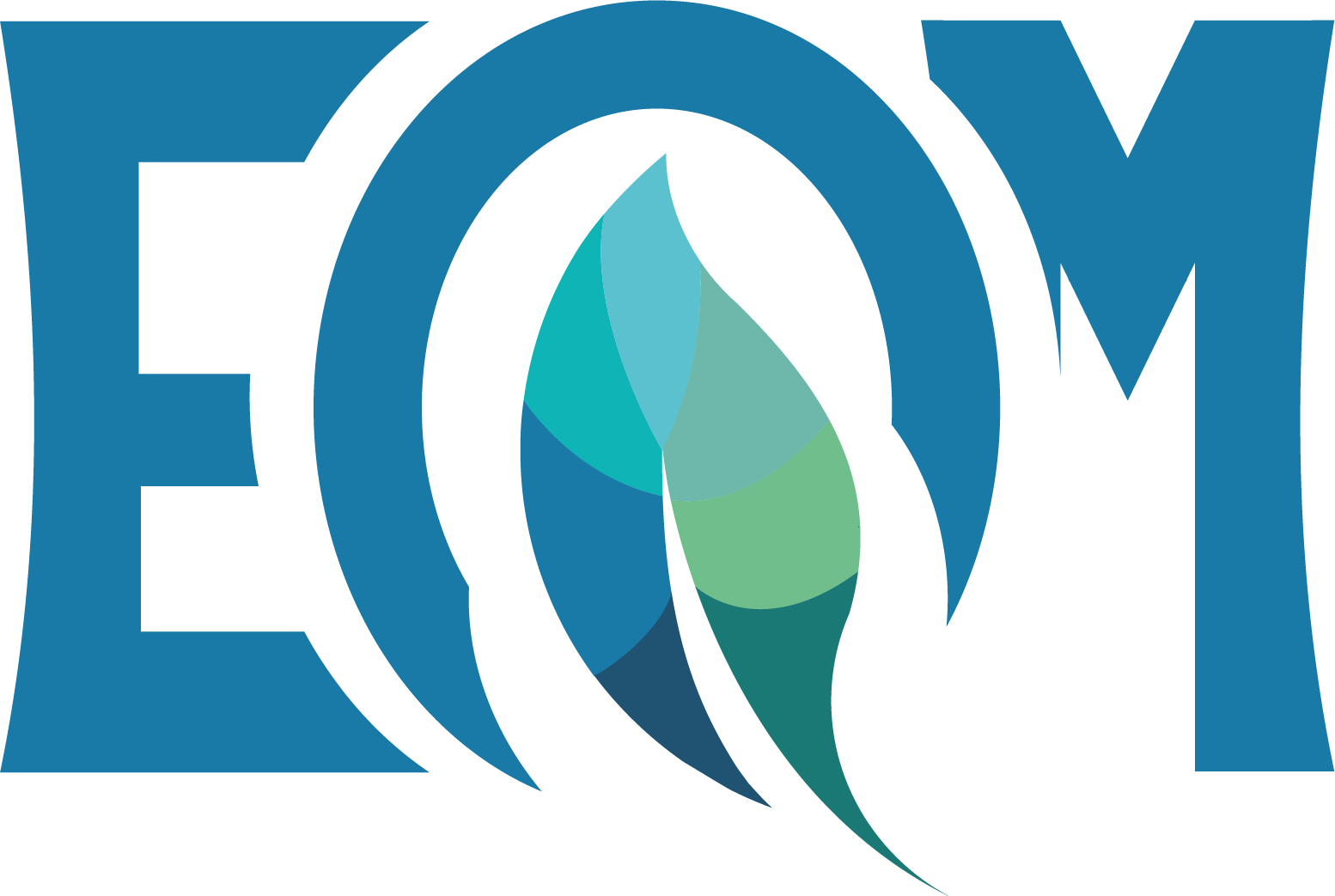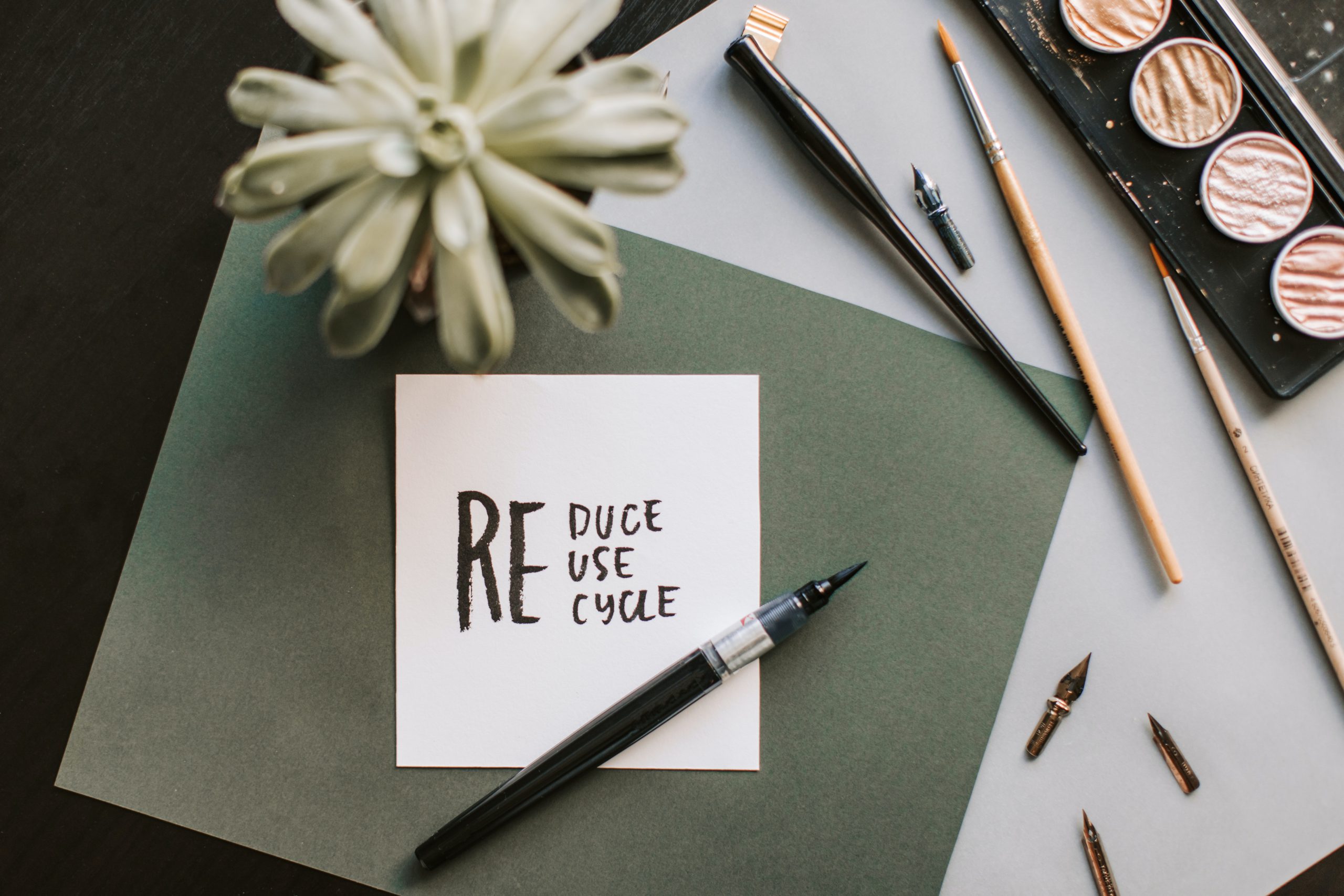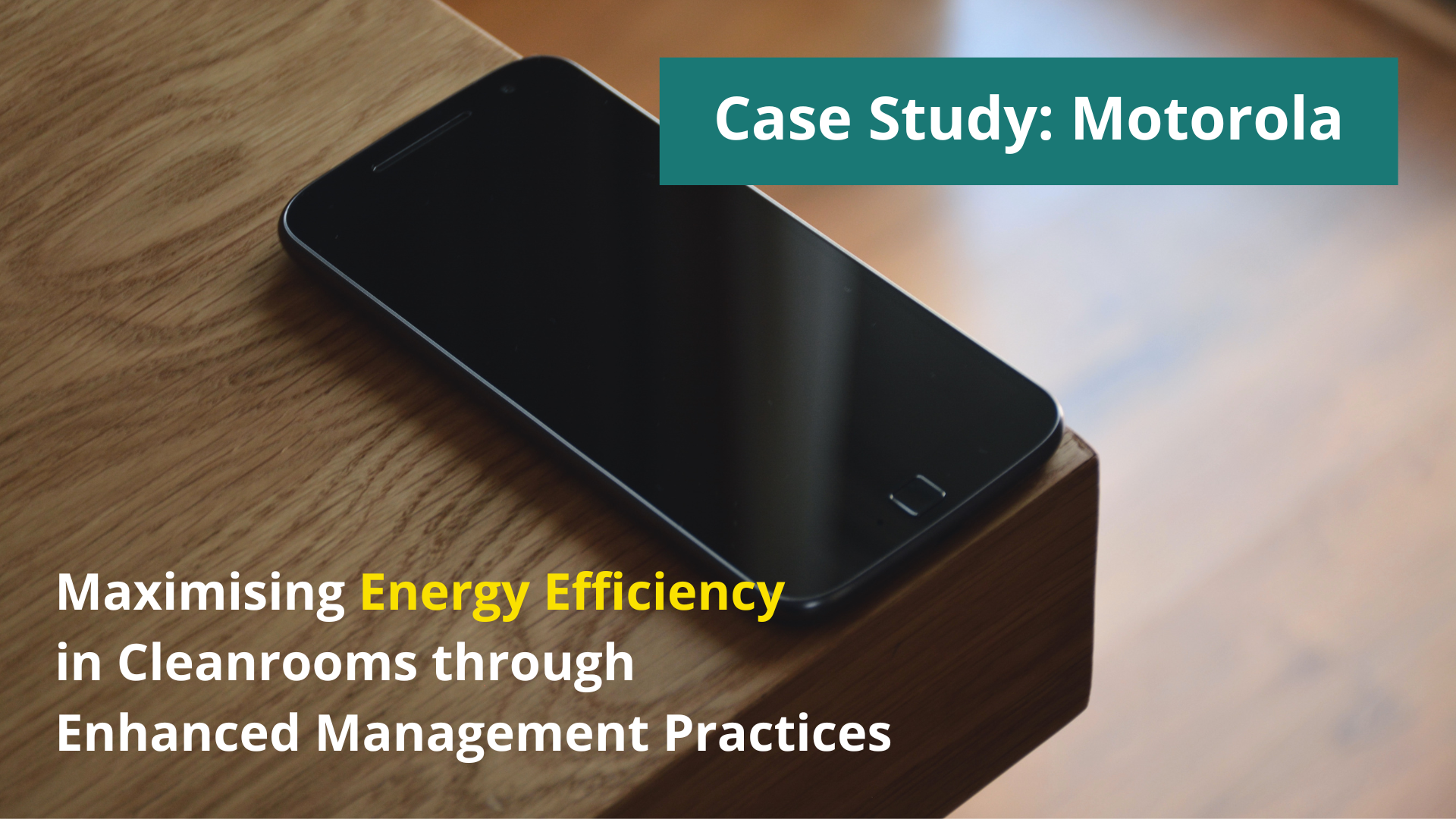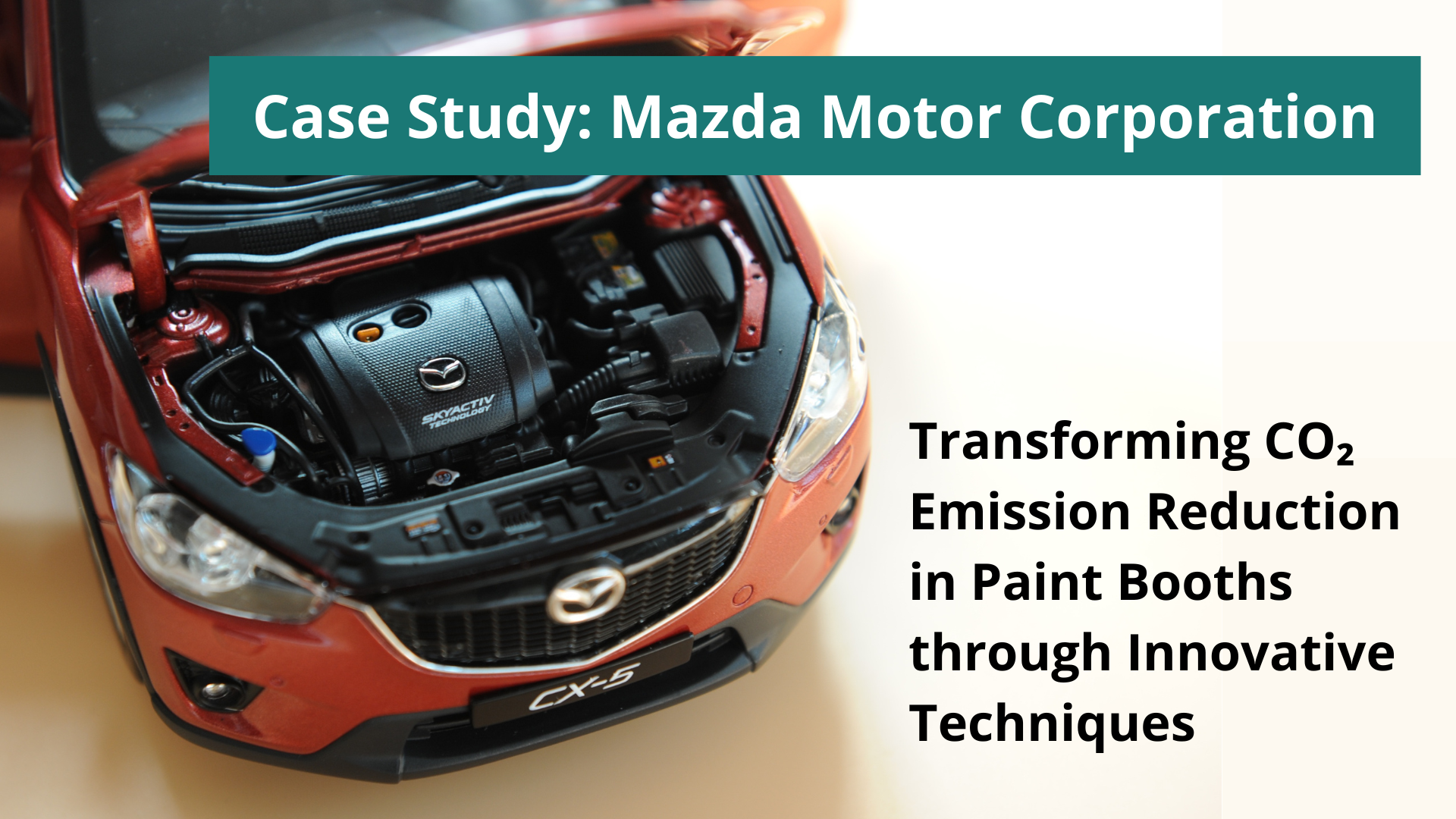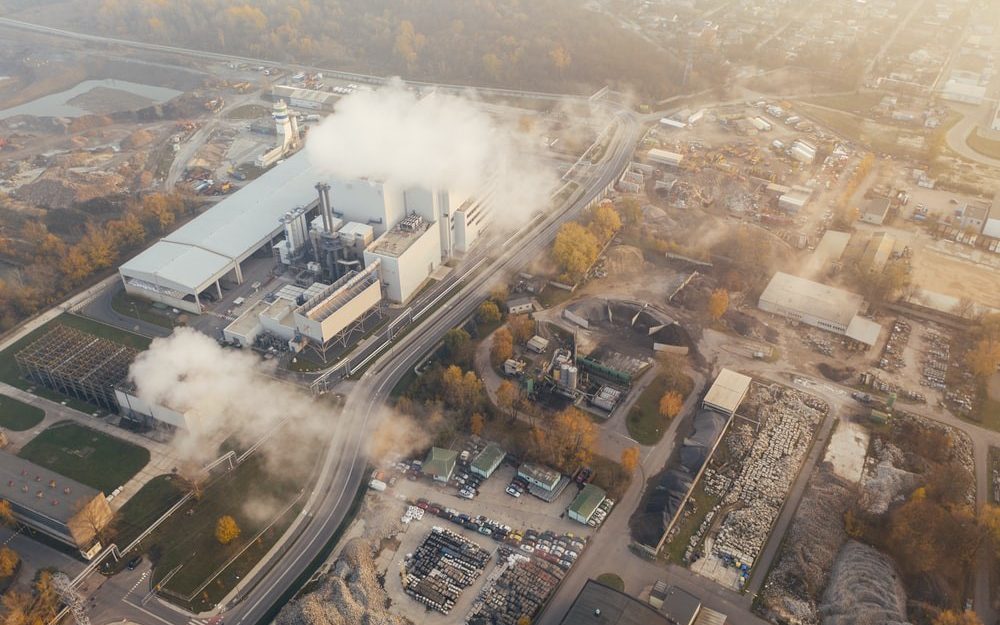
Global temperatures are on the rise, and businesses should take appropriate measures to reduce their carbon footprint.
Making your organisation eco-friendlier is one of many ways of reducing emissions and costs.
Climate change can have devastating consequences on the world. Economies can falter, scarcity of resources will increase which will result in increased costs of business. If you’re worried about your carbon footprint, here are some steps you can take as a business owner to reduce it.
1. Switch to Renewable Energy
A major source of carbon emissions comes from burning resources such as coal, oil, and gas for energy. Adopting a renewable energy source such as solar and wind will drastically reduce your business’s carbon footprint. They might cost a little initially but think of it as an investment for the future. Not only will it save you costs in the long run but will make your business eco-friendly.
2. Utilise the Three R’s
Reduce, Reuse, and Recycle. These three Rs are fundamental to reduce your organisation’s carbon footprint. These three components can apply to every aspect of your business. From packaging to operation and supply chains, you can implement this system effectively.
Encourage the staff in your office to reuse items where possible. Purchase supplies that are eco-friendly and use reusable packaging. These little things can go a long way in making the world sustainable.
3. Reduce Waste
Food wastage is a common occurrence in every business. Therefore, it is important to reduce such wastages as much as possible. Even if your business is not a restaurant or grocery store, you can still reduce food wastage.
4. Go Digital
The usage of paper is a significant environmental aspect in most of the office spaces. Digital transformation not only helps to create a paperless processes and operations but also positively influence the effectiveness of the business management system.
5. Buy Local
Buying local means that the emissions from transportations are lower and furthermore it helps reduce the transportation costs involved.
6. Focus on Lifespan
Durable products last longer, which significantly reduce environmental load and plays significant role in sustainability. LCA (Life Cycle Assessment) is one of the widely used methodology to assess the environmental performance of products, services and systems. It can be used to compare products according to their environmental impacts by accounting for their entire life cycle.
7. Meet On-line
Travelling play an important role in the company’s overall carbon footprint. In many cases business meetings can be conducted via electronic communication tools such Zoom or MS Teams without having to spend money and time in transport. You may wish to review as well employees’ commuting habits and encourage them to use alternative transport options, such as car sharing or cycle to work.
8. Maximise Energy-Efficiency
Efficient use of electricity is the least of our concerns when we’re engaged in an important business project or focused on getting work done. However, you can take several precautions during the working day to maximise energy efficiency in your office space.
You can invest in workstations that utilise energy efficiently. Furthermore, you can simplify the process of switching off technology at the end of the workday by connecting all workstations to power strips that can be turned off by a single button.
A small investment in eco-friendly methods and sustainable technology can bring a lot of benefits to your business, while improving the environment. However, if you don’t know where to start, you can hire an expert through EQM Consult, to help you create a sustainable environmental management system.
As a boutique consulting firm we specialises in environmental management systems and quality management systems. We can help you comply with ISO 9001 and ISO 14001. You can check our website for more information about our services, or contact us for a consultation.

Ph.D. Beata Paliwoda
Founder and Owner of EQM. Environmental and quality consultant and auditor. Professional career built in Quality Assurance departments in various companies from the automotive, aerospace, railway industries, as well as a management systems consultant. Successfully completed many complex projects related to the implementation of management systems, process improvements and business transformation. Auditor of ISO 9001, ISO 14001, AS 9100, project manager of APM, lecturer at the Poznan University of Business and Economics, researcher on the effectiveness of EMS and QMS in organisations.
